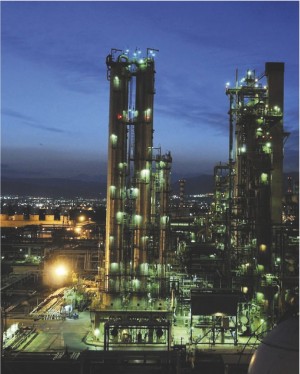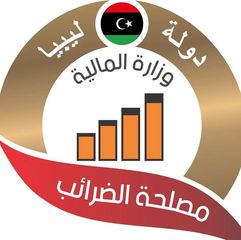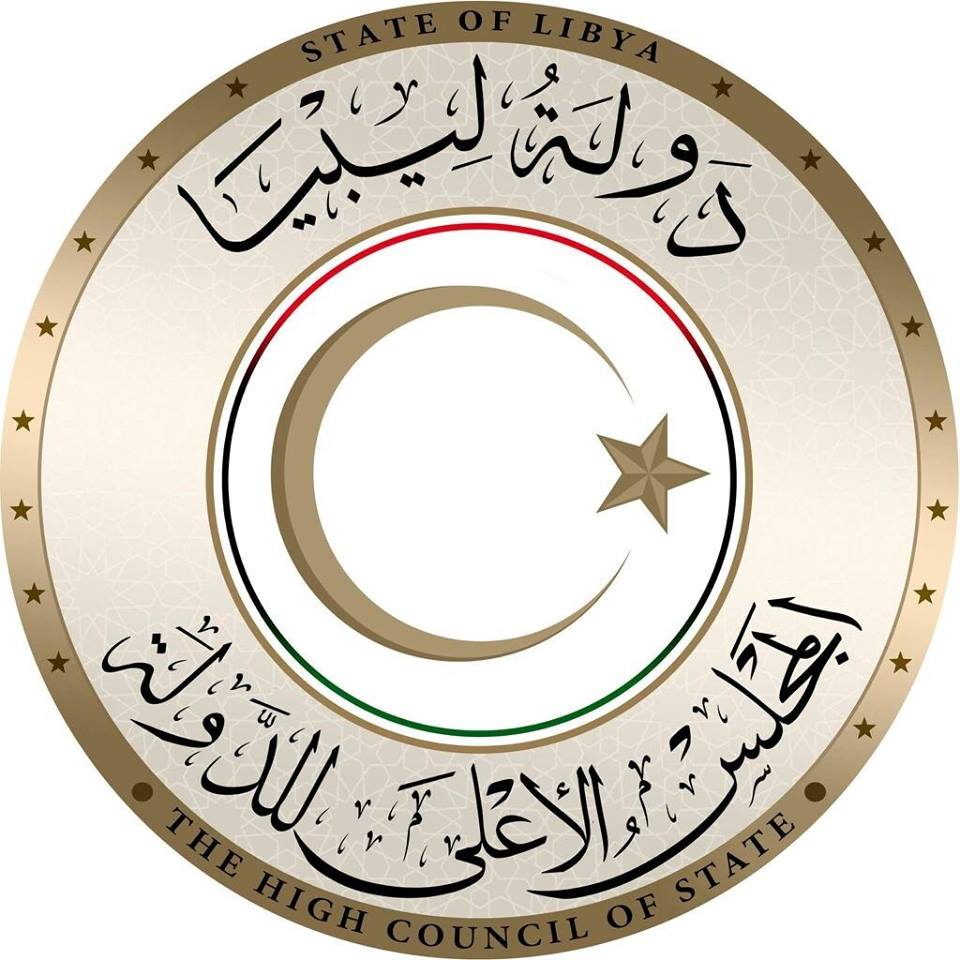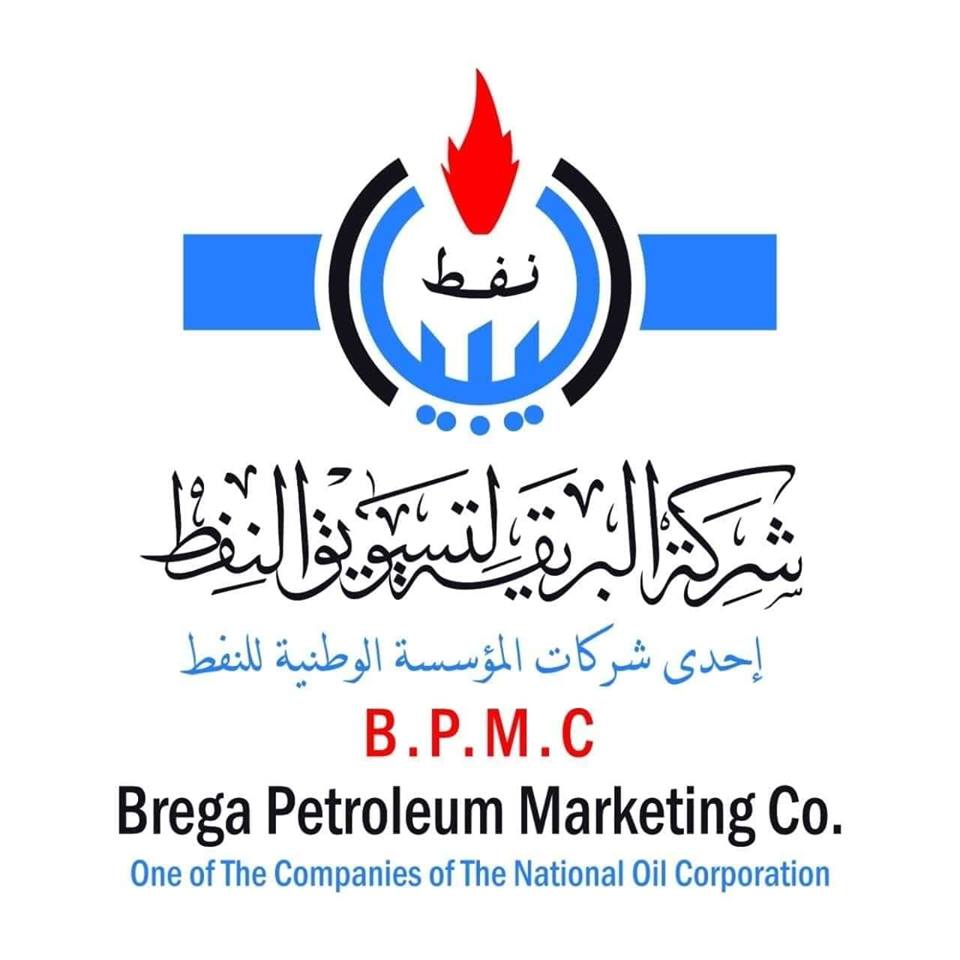Greece’s economic woes are being compounded by the need to seek new and more expensive sources of crude to replace the . . .[restrict]40 percent of its requirements imported from Iran, which it will be forbidden to lift when the EU oil embargo of Tehran comes into force.
The Greek importers are reported to be looking to Libya and the Gulf States as alternative suppliers. The rub is that Iran was prepared to extend almost-bankrupt Greece generous credit terms. It must be wondered if Libya, with its own economic challenges and the need to fund reconstruction, can oblige.

However the two major Greek refiners Motor Oil and Hellenic Petroleum have issued statements suggesting that Libyan oil purchases are not in their plans. A source at Motor Oil told Dow Jones earlier this week that the company had not been buying Iranian crude for some time. Meanwhile Hellenic Petroleum, owner of three of Greece’s four refineries, which is still taking Iranian supplies, has insisted that it will be “easy” to replace these deliveries with alternative grades from Iraq, Russia and Saudi Arabia.
Italy and Spain are the other large European purchasers of Iran crude, which will be affected when the embargo, imposed as part of the effort to force Iran to make a full disclosure of its nuclear programme, comes into force on July 1.
In January, the Libyan National Oil Company (NOC) announced that restored production had reach 1.3 million barrels a day, having stood at 1.6 million barrels before the revolution. Libya’s light “sweet” crude commands higher prices than Iran’s heavier oil, because it is cheaper to refine. Against this, transport costs across the Mediterranean would be lower.
The NOC could not be contacted for comment. [/restrict]







